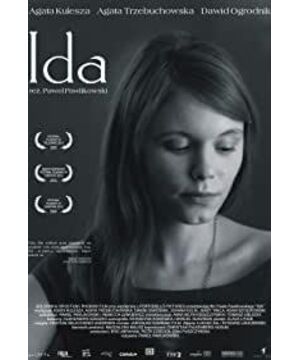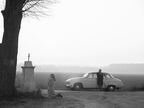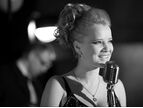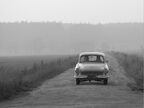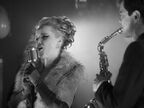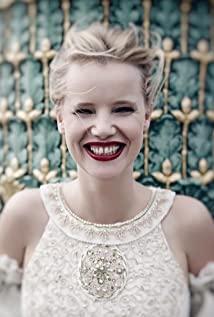Wanda: "This is a long journey, and I will slowly sober up." It
seems that the theme of religious choice and the remnants of war pain does not give people any relevant topics. Experience is more sublimated to a higher-level motif about life positioning and choice.
The film's rhythm and narration are completely unexpectedly fast (maybe slow for ordinary movie viewers), the whole 80 minutes, of which the "Red Wanda" and "Sister Date" journey to find relatives is less than 60 minutes, basically cut off The superfluous connections and superfluous characters are lost, but all the transitions are just right, and the character changes are also very natural.
All this is actually due to the application of black-and-white images and the ingenious language of composition. In other words, if it is an ordinary color film, combined with ordinary mid-range close-ups, and occasionally embellished by a large-scale scenic spot, this film will only pass.
The most impressive thing is that in the front and back of the monastery and in the middle, there will always be a narrow area where the characters are placed in the lower 1/2 or even 1/3 of the composition. Sometimes it only occupies a corner of the screen. This is why the film does not seem to be sacrificed. The audience's time and endurance method, but also achieves the effect of white space, which is the finishing touch of changing space for time.
After doing this, those seemingly "abnormal" shots: for example, two large close-ups of Date on the stairs, before and after the fun with saxophonist... At the same time, it also shows its unique connotation of charm: Date's attitude towards self The perception of the world is changing, just like her position in the picture.
So her final choice in the film is not important anymore. She was still on the road when she stopped abruptly...
View more about Ida reviews


